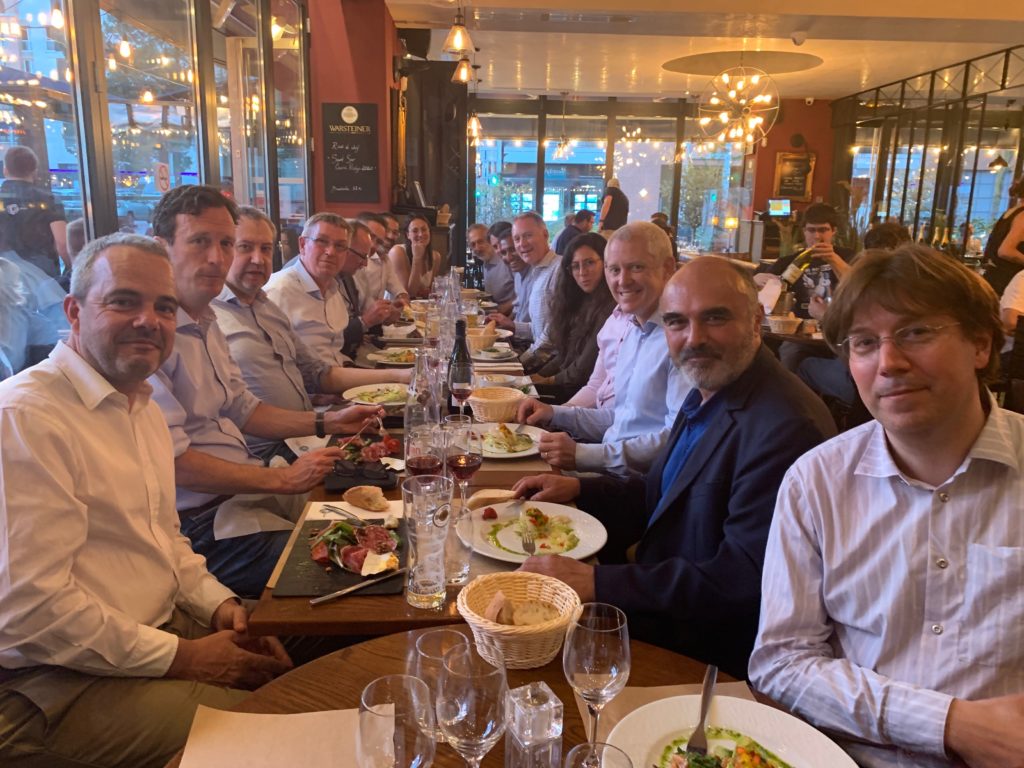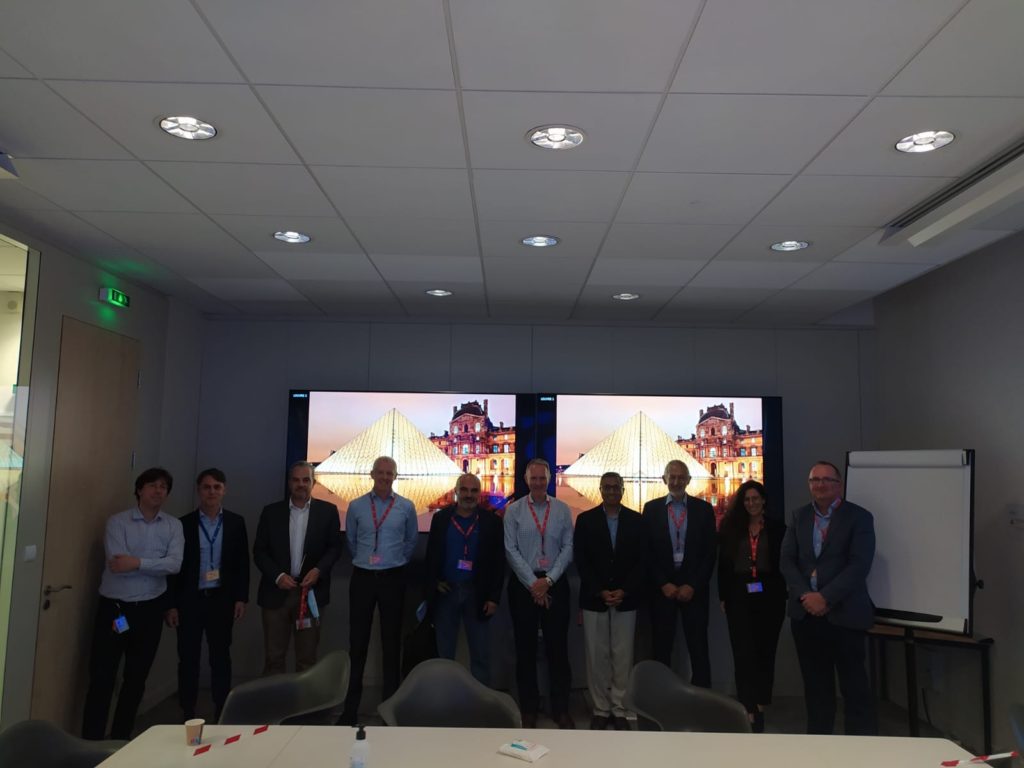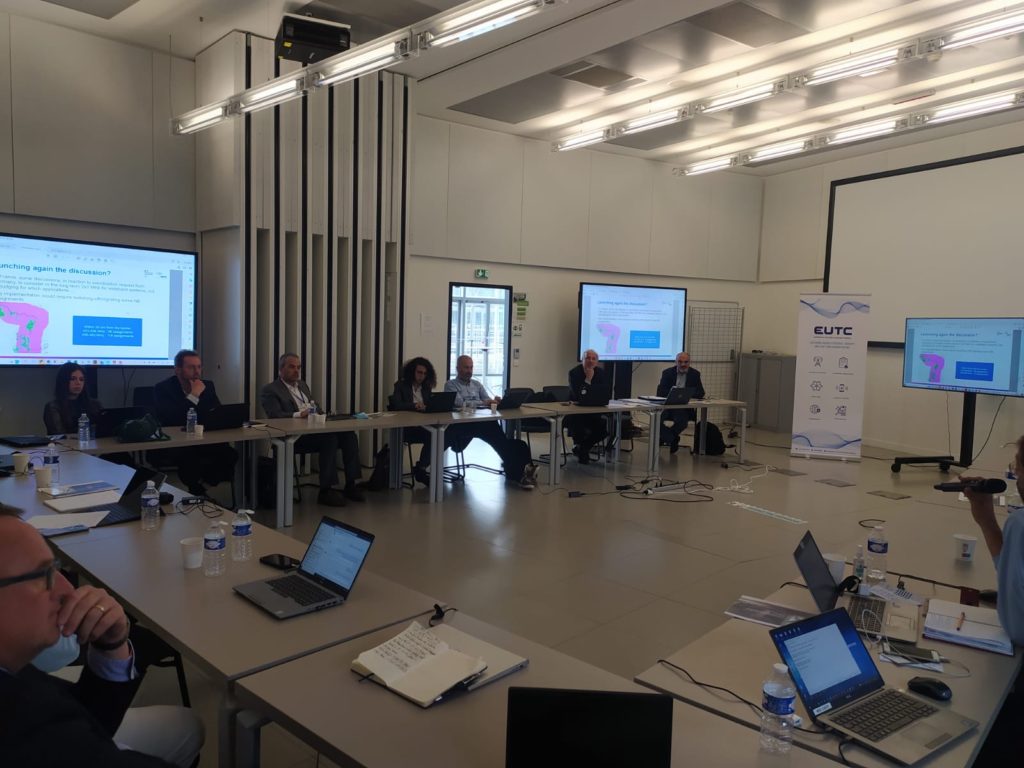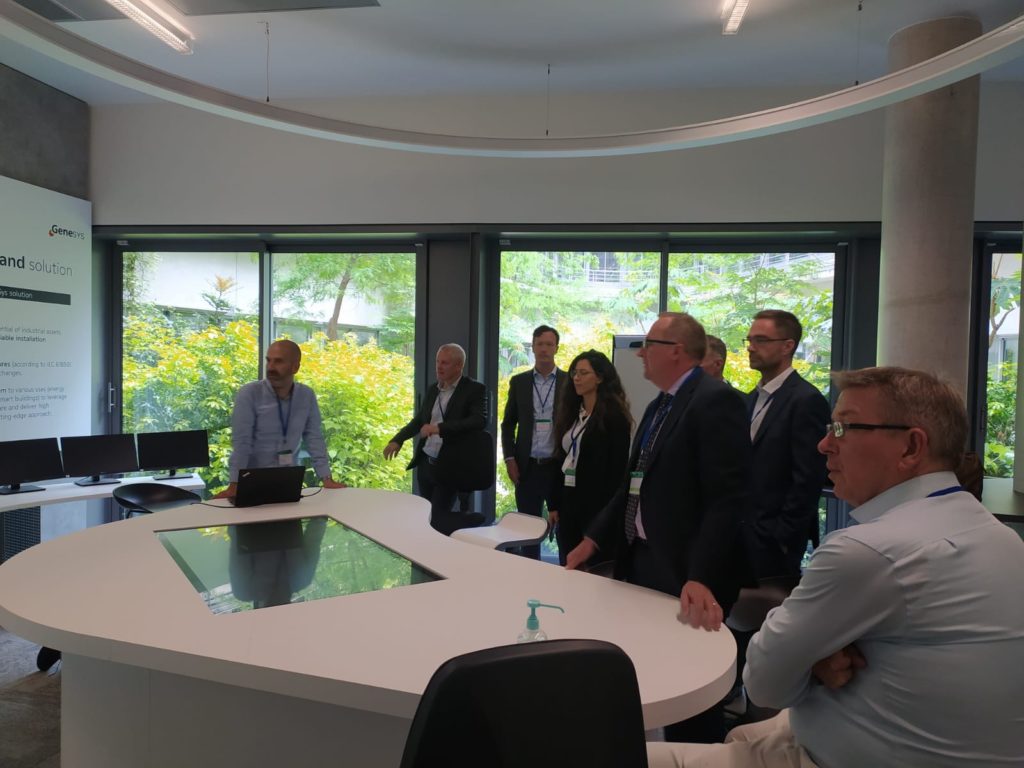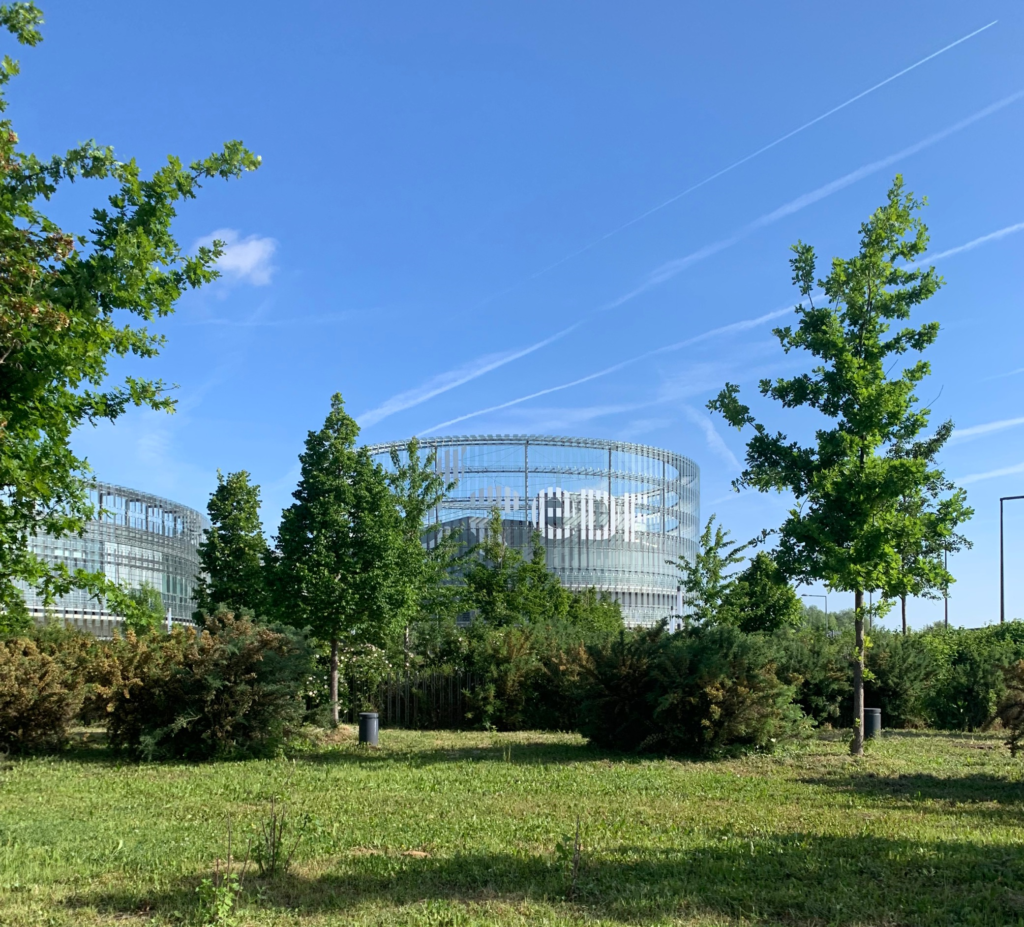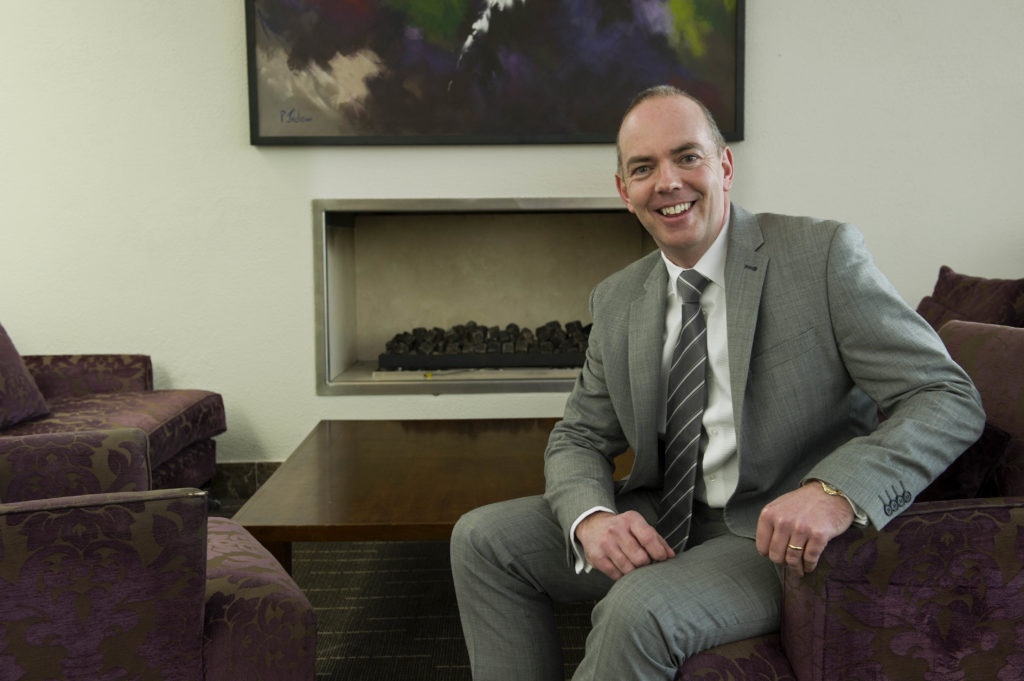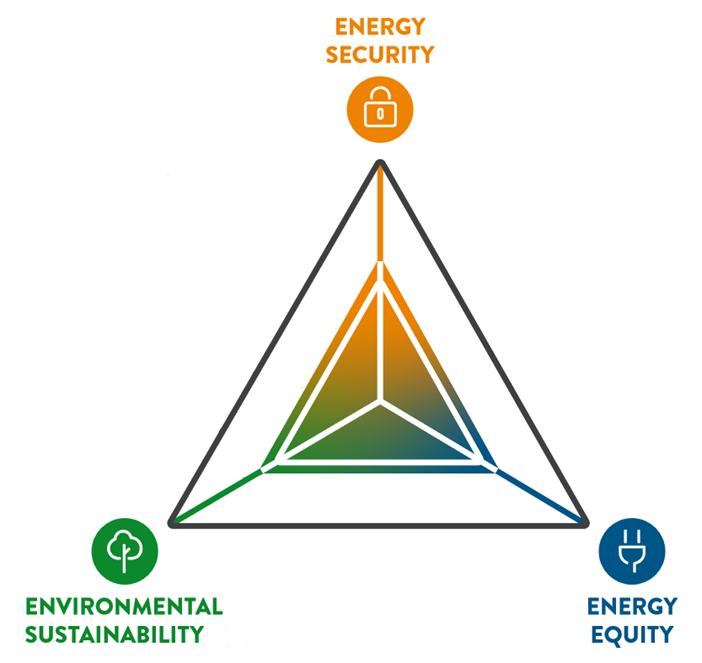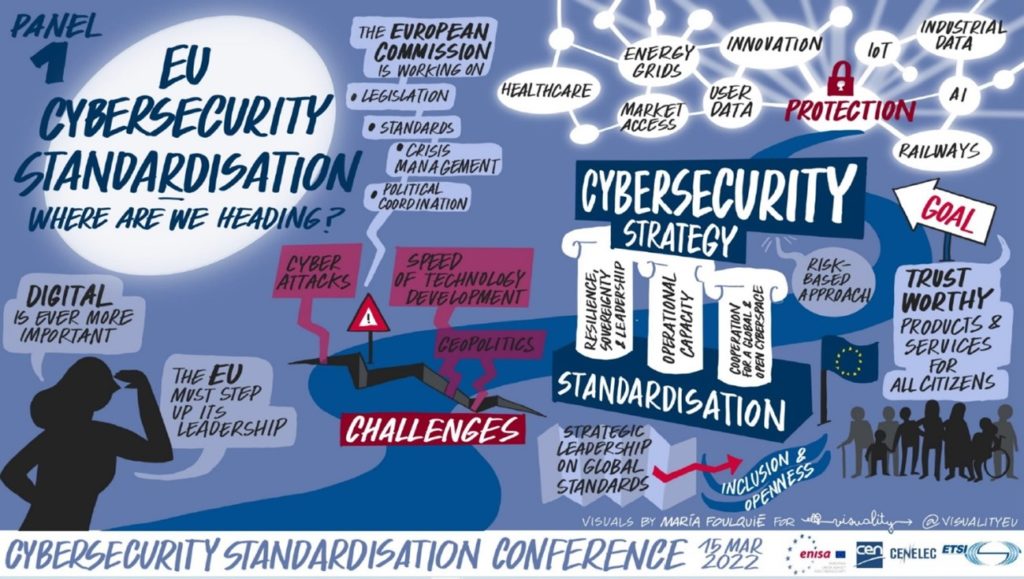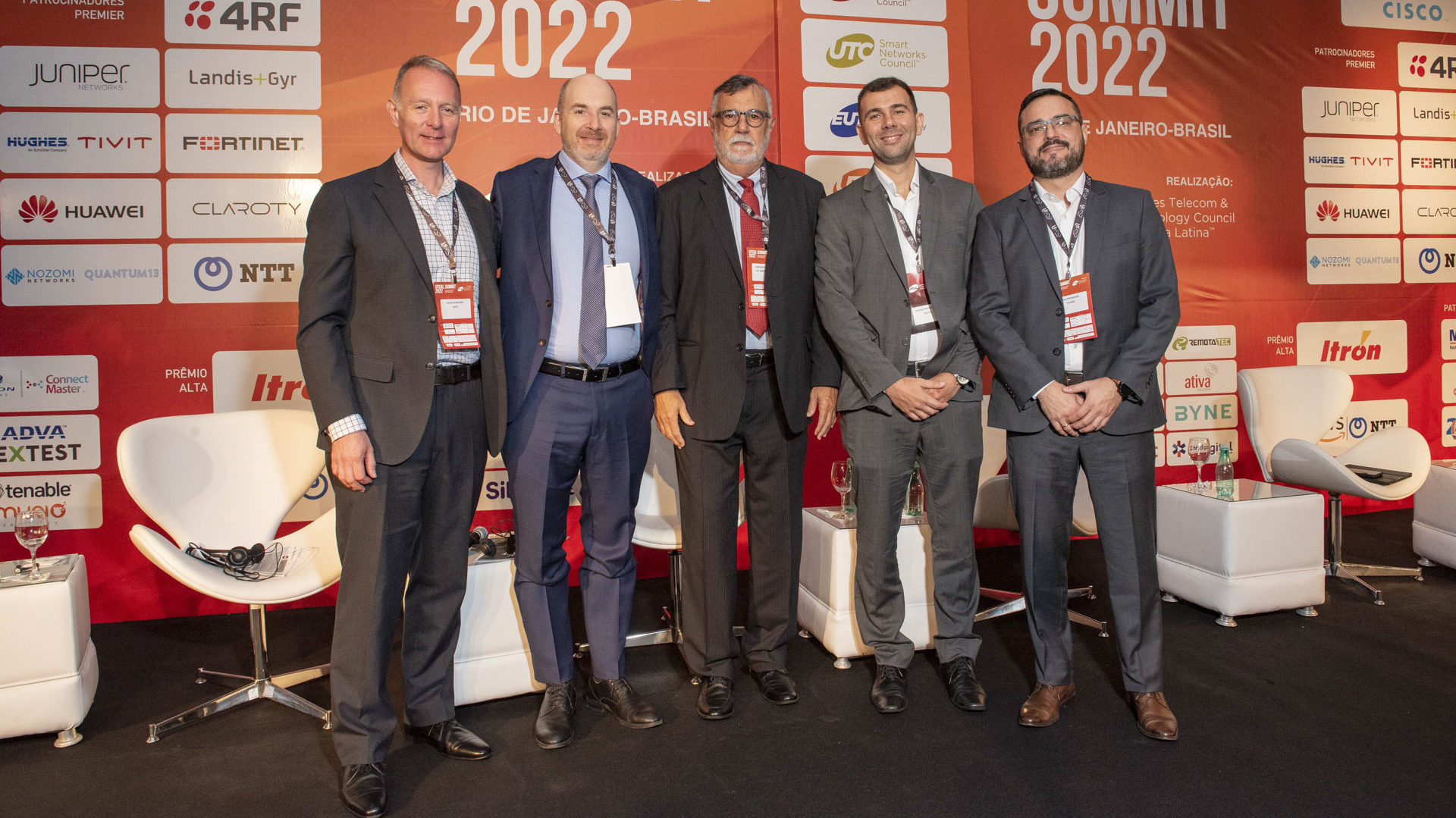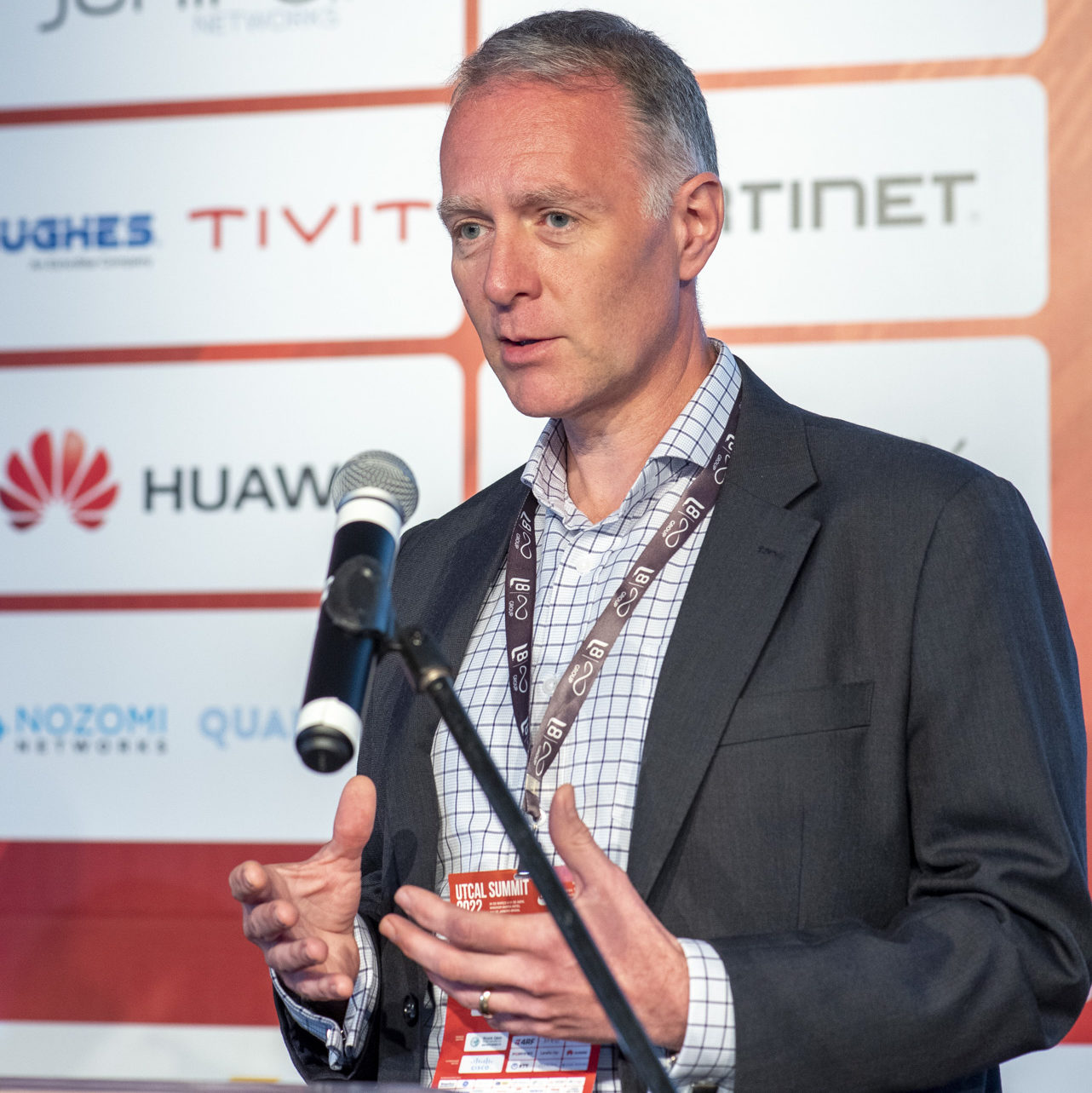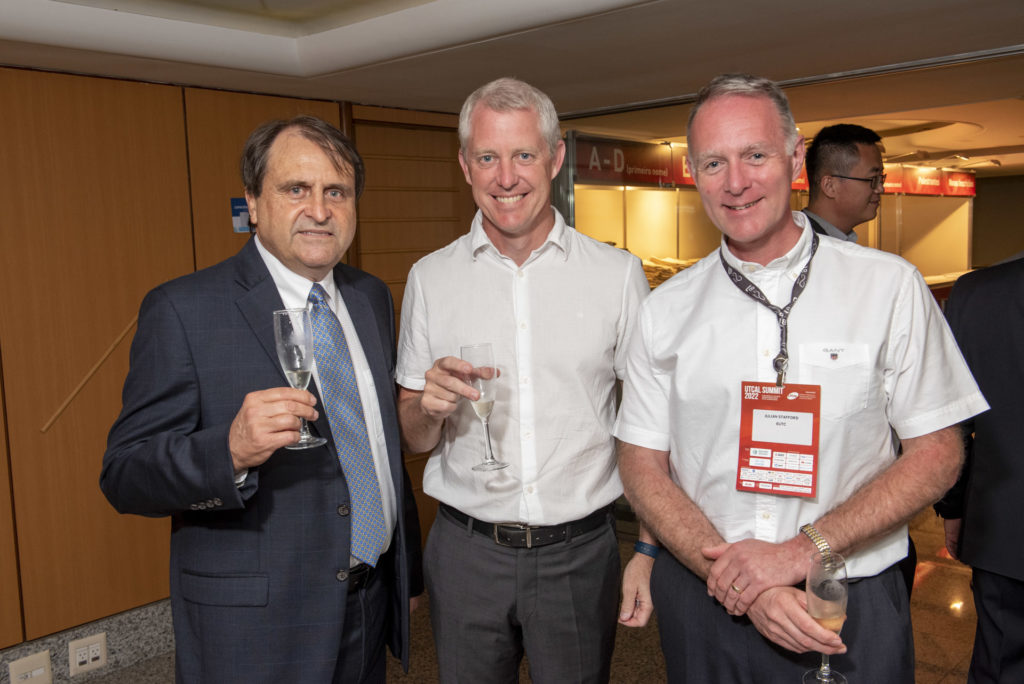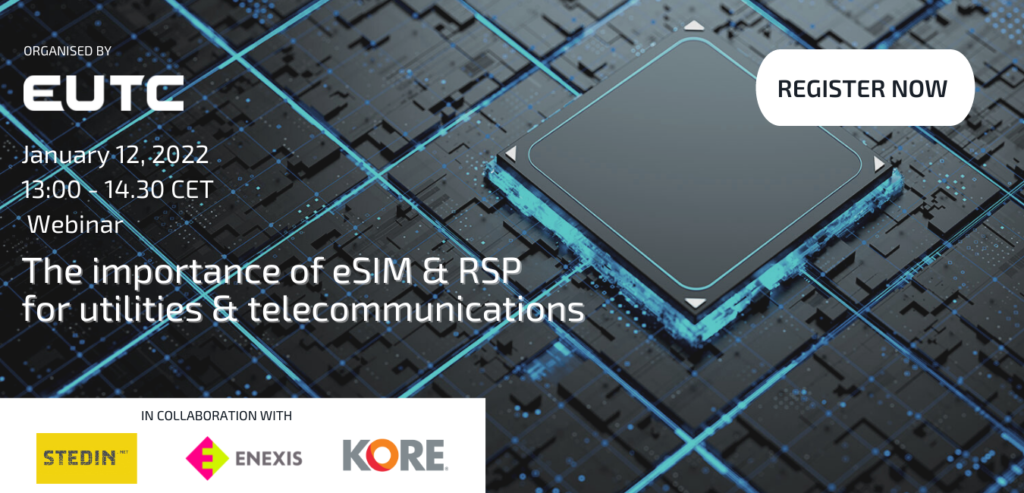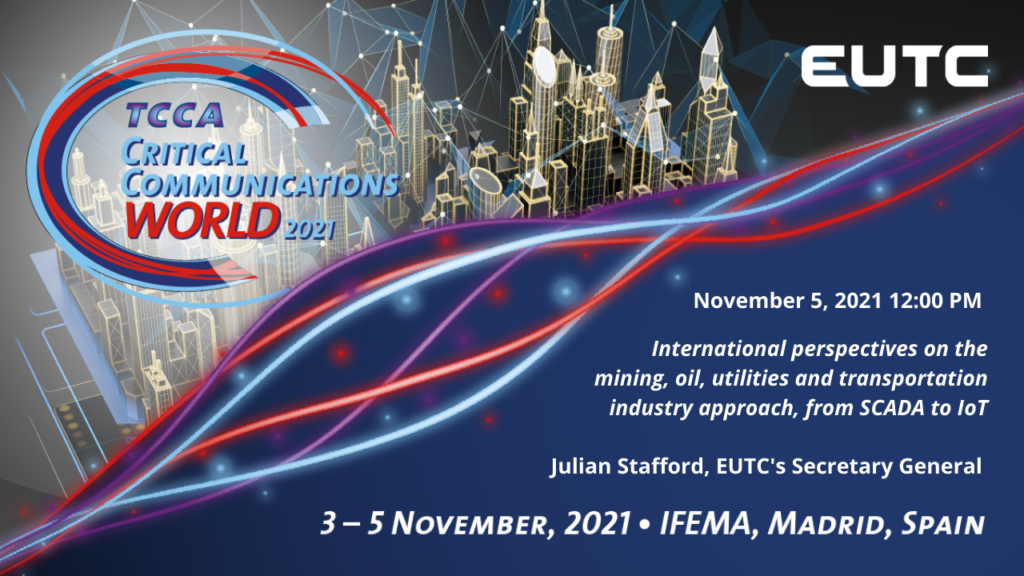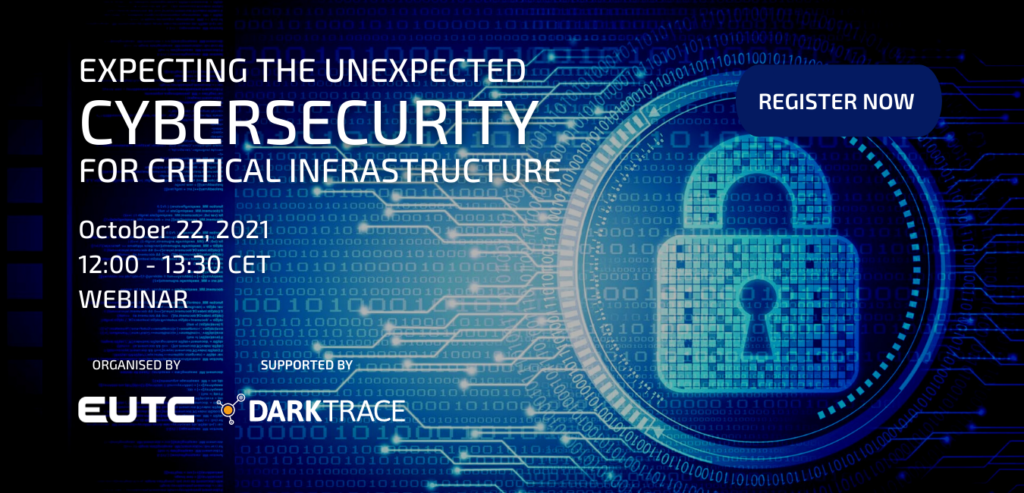The Radio Spectrum Policy Group meetings come in the framework of EUTC facilitating the debate over the necessity of harmonised radio spectrum allocation for utilities and critical infrastructure companies operating in Europe. EUTC’s work in the area of radio spectrum allocation policy includes contributing to the European Commission’s EU Radio Spectrum Policy Group and to the European Parliament’s Radio Spectrum Policy Plan.
On 11 and 12 May 2022 EUTC Members met for the first time after the pandemic for a Radio Spectrum Policy Group (RSPG) meeting in Paris, France. The meeting had over 20 attendees coming from within EUTC and external organisations as well, and was hosted at the EDF Research&Development premises in the Saclay area, located in southern Paris.
On the evening of 11 May, the Secretariat and Board of EUTC visited EUTC Member General Electric representatives in their Massy (Paris) premises, for a short informal meeting. In the evening, an opening dinner before the meeting took place, where all EUTC members attending the meeting were present.
On Thursday 12 May, the Radio Spectrum Policy Group meeting took place in the morning, hosted by EUTC member EDF at their Research&Development facility. Attendees listened to a presentation by Mr Adrian Grilli, Spectrum Group Manager of EUTC and discussed together their requirements for radio spectrum allocation. Mr Eric Fournier, Chairman of the Radio Spectrum Policy Group of the European Commission, presented the single situations in each of the EU countries concerning radio spectrum for utilities, given the different address each Member State gave to it. After lunch, EDF took meeting attendees for a tour of their research premises.
The EUTC would like to thank all participants for attending the meeting in person or online, and EDF for hosting it.
